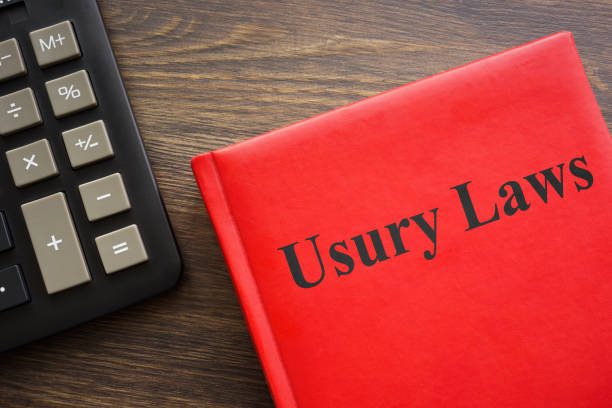If the Court establishes that a bill of exchange has an element of usury, then it is empowered not to render it enforceable.
This was held in a judgement delivered on 15 October 2019 in Giovanni Briffa -v – David Lauri, presided by Judge Anna Felice.
David Lauri had filed an application, after receiving a judicial letter in March 2017, where Giovanni Briffa had called upon him to pay €34,900, the balance of a bill of exchange.
The application was based in Article 253(e) of the Code of Organisation and Civil Procedure. He claimed that the bills of exchange were null and void in terms of Articles 966, 985, 986, 987, 990, 991 of the Civil Code, since the basis of the transaction is illicit.
The bill of exchange covers an excessive interest rate. The Courts always held that bills of exchange cannot be challenged, however, the same courts had held in previous judgements line Giovanni Briffa -v- Ronald Azzopardi, decided on 5 February 2008 that if there is a claim that the bill of exchange involved usury, then the Court deems that this is a grave and valid reason to suspend the execution of the bill of exchange.
The Court in that judgement explained that the law does not explain what are grave reasons, but this was done intentionally to allow the Court to exercise its discretion. Article 986(2) of the Civil Code makes it clear that usury makes a transaction null and void and therefore, an action based on a bill of exchange, has the same consequence.
Lauri argued that Briffa was acting as a bank, without the necessary banking licence. The Banking Act stipulates that no person can act as a bank without a licence. This includes holding deposits, lending money or collecting money from the public.
In Ian Pecorella -v- Sorereign Caterers Limited et decided on 3 February 2012, the Court established that there was an exchange rate of foreign currency without a license and therefore, the bills of exchange issued were declared null and void.
Giovanni Briffa replied to the application, by stating that Lauri was in business with his father and brother.
Briffa has a commission agency business and acted as a broker for import and export of products that the Lauris required. Briffa had lent money to Lauri in 2013 and as a guarantee, he gave a bill of exchange, which was due for payment on 1 September 2014.
On that date there was a balance which was still owed. Briffa claimed that there was no usury.
Madame Justice Felice pointed out that Article 253(e) of the Code of Organisation and Civil Procedure states that bills of exchange are an executive title, as long as the Court does not suspend its enforceability.
Briffa had filed a judicial letter to render the bill of exchange enforceable for the amount of €34,950 of the original amount of €65,000.
However, Lauri objected to this on the basis that there was usury and that Briffa acted as a bank without a licence. In Giovanni Briffa -v- Ronald Azzopardi, the Court had held there are two instances where execution of a bill of exchange may be suspended. The first being that the signature is not of the person it purports to be. The second, is that a party claims that are grave and valid reasons to oppose its execution.
In this second instance, the reason cannot be frivolous, as the law says it must be grave.
According to the evidence produced, Lauri’s father had borrowed a large amount of money with usury from Briffa’s father, Emanuel Briffa.
The Court was skeptical on Briffa’s version of events, since he had lent the Lauri brothers over €658,000 in three years, and there is no written agreement between the two on such a big amount.
On this basis the Court upheld the request to suspend the enforceability of the bill of exchange.
Av. Malcolm Mifsud
Partner
Mifsud & Mifsud Advocates
This article may also be accessed on Malta Today.
For more information you can contact one of our Team Members at Mifsud & Mifsud Advocates.











